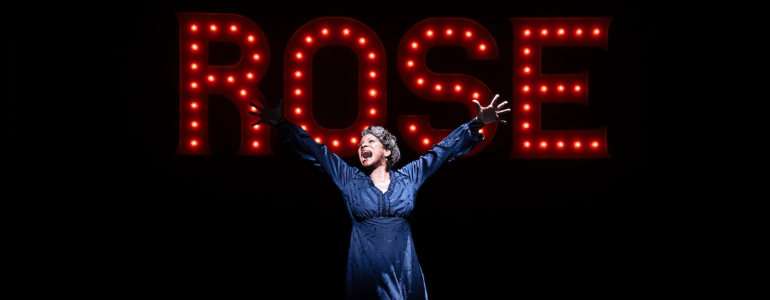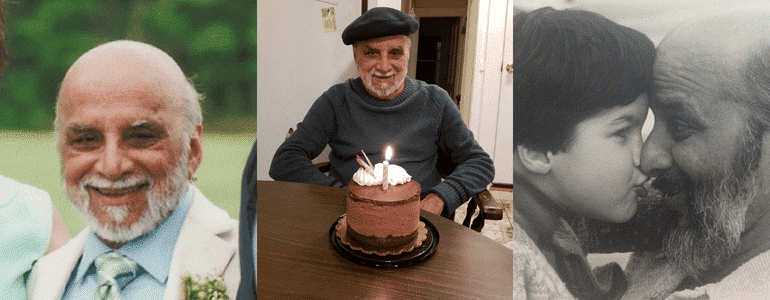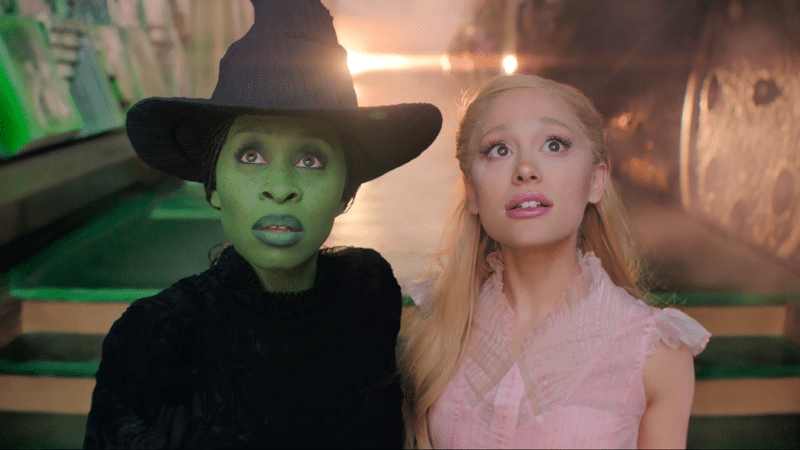Broadway’s problem with Sponsorship but how you can get it for your show.
Someone usually brings it up in the first 30 minutes of every first marketing meeting on every show I’ve ever worked on.
“We should get BIG BRAND to sponsor us.”
And everyone agrees.
And 99.99999% of the time, it never happens.
Sure, sometimes we get a little product “in kind” or sometimes we get an opening night venue . . . but cash? Ha.
Why?
Because our industry and how we develop and launch our products doesn’t fit into what the Sponsorship Suits look for before they write a check.
There’s a great story about a massive hit playing on Broadway right now. Rumor has it that before the show opening, the Lead Producer was looking for Sponsorship under every rock and startup. And doors were getting slammed in his face like he was starring in a production of Noises Off.
Then the show opened. Then it was a big hit.
And then his phone started ringing like he was starring in a production of Bells Are Ringing.
And he told them all the brands that were now dying to sponsor his show to go @#$% themselves. Because he didn’t need them.
Why did these brands avoid what could have been a big boon to them?
Here are three reasons why it’s difficult for big brands to jump on board:
1. WE DON’T HAVE ENOUGH EYEBALLS.
Don’t kid yourself. Sponsors don’t write checks because they’re feeling all warm and fuzzy about what you’re doing. They do it to get something out of it, and one of the most important things they look for is advertising impressions. And ours are geographically limited to only the tri-state and mostly in New York. That’s a lot different than a billboard at Yankee Stadium that gets all those TV impressions.
And if your big selling point is putting their product in the show? Big whoop. So 16,000 people a week see it if the show sells out. That’s a drop in the advertising bucket worth about a couple hundred bucks.
2. WHAT IF THE SHOW ISN’T ANY GOOD?
We ask sponsors to come aboard our shows when they are still in development, before audiences and critics chime in. What if the critics hate it? What if audiences hate it? Brands look to align themselves with successful ventures, and they just have no clue if your show is going to work, never mind if it’s going to say something that is counter-intuitive to the brand’s message. You can see why a brand would get skittish.
3. IT’S ALL IN THE TIMING.
That question that I mentioned that is heard at every advertising meeting I go to is usually asked about 3-5 months before a show opens. Sometimes even closer to the date. Sponsorship dollars for the big companies out there are long gone by that point. They plan this stuff way in advance, and it takes forever for them to vet opportunities. These asks have to come a year or so in advance, which brings us back to problem #2, because at that point, your show is even less developed.
Tough, right?
But I know you. You like a challenge. You still believe you’re the one that can get that sponsorship for your show?
If you still want to go down this road, then here’s what I recommend.
- Don’t go after big brands. Go after medium and small brands. Brands that can make decisions faster, and brands that don’t need to get a million impressions to justify their check.
- Focus on brands specific to your target area. Think a bit like a softball league looking for someone to sponsor their t-shirts. Local shops and companies are much more likely to get involved and be honored to do so.
And finally, when going after sponsorships of any size, remember that that sponsorship, despite its moniker, is not just about you. It’s a quid-pro-quo arrangement that has to benefit the sponsor as well as the sponsee. So when you’re at an ad meeting and sponsorship comes up, ask not, “Who will sponsor the show?” but ask “Who will get the biggest benefits from sponsoring my show?”
(Got a comment? I love ‘em, so comment below! Email Subscribers, click here then scroll down to say what’s on your mind!)
– – – – –
Podcasting
Ken created one of the first Broadway podcasts, recording over 250 episodes over 7 years. It features interviews with A-listers in the theater about how they “made it”, including 2 Pulitzer Prize Winners, 7 Academy Award Winners and 76 Tony Award winners. Notable guests include Pasek & Paul, Kenny Leon, Lynn Ahrens and more.













